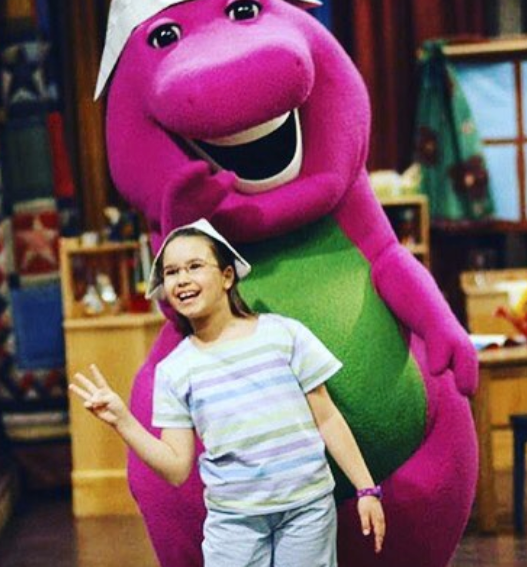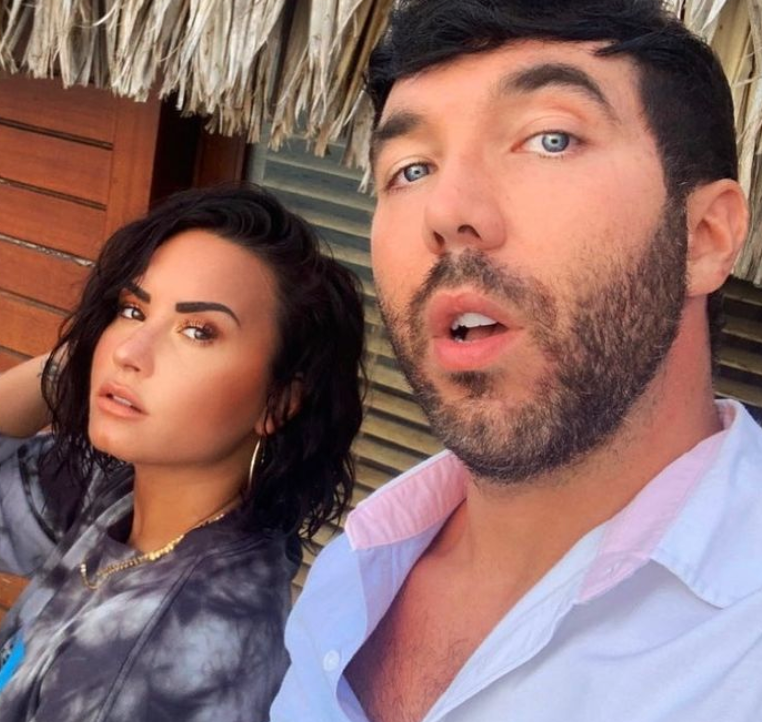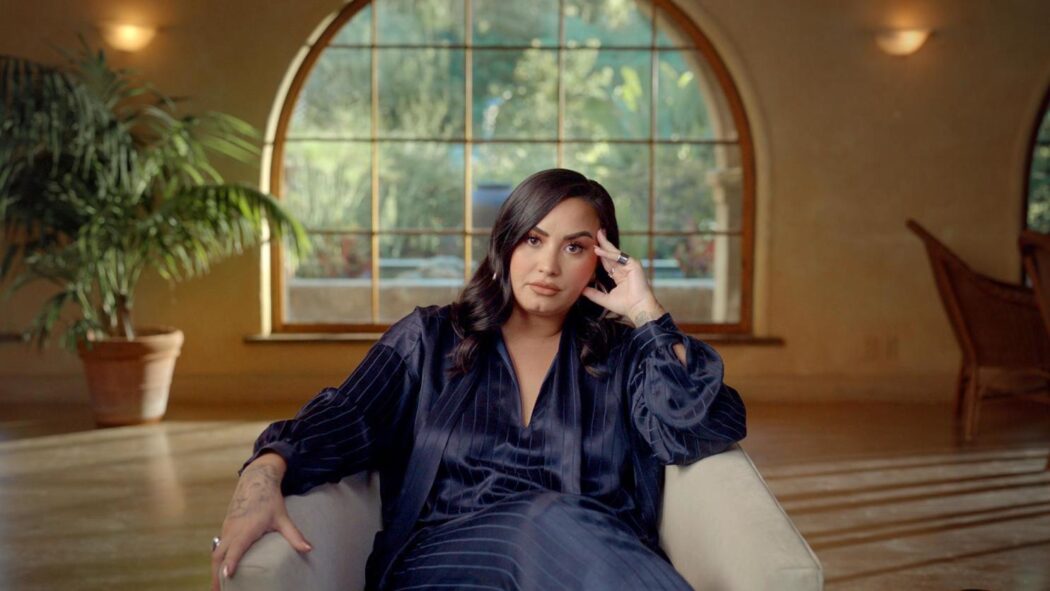We’ve gotten a glimpse into Demi Lovato’s life a few times before through the other documentaries released throughout her singing career. We have watched as she moved on from her “Camp Rock” and Disney years to start a solo career in music. We have listened to her hit songs about heartbreak and regrowth. We have felt her stress and pain in dealing with such immense fame. However, we have never seen the true behind-the-scenes parts of Lovato’s life, until now. In the spring of 2020, Lovato finally sat down to tell her story. Her whole story, detailing her struggles with addiction and mental health.
On March 23, the first two episodes of Lovato’s new documentary, entitled “Demi Lovato: Dancing with the Devil,” were released. The documentary focuses on the battle Lovato faced with addiction throughout her career that ultimately led to her overdose in the summer of 2018.

What makes this documentary so unique is how absolutely raw it is. All of Lovato’s friends and family along with Lovato herself did not hold back when describing the details of her addiction. Towards the beginning of the first episode, Lovato says that she’s “just going to say it all.”
We learn early on in the first episode of the documentary that there was another documentary filmed in 2018 that was never released. This documentary followed Lovato on her “Tell Me You Love Me World Tour,” in 2018. During that tour, she relapsed with drugs and alcohol after being sober for six years. Consequently, the documentary never saw the light of day.
Lovato reveals that she was hiding certain things from the cameras during the filming of the 2018 documentary. She says, “I wasn’t showing them what I was doing behind closed doors.”
We also learn that Lovato’s estranged biological father suffered from the disease of addiction as well, overdosing when Lovato was 20 years old. She says that she struggles with the fact that her father died alone, which was her biggest fear for him.
Another component of Lovato’s childhood that majorly impacted her life was the constant spotlight hanging over her head. As she participated in pageants and made appearances on television at a young age; Lovato developed eating disorders and mental health issues that would stick with her in later years.

“It wasn’t until the last few years that I really fully realized the impact that eating disorders have had on her. We had to be really careful what we ate around her, which sounds insane,” says Lovato’s best friend, Matthew Scott Montgomery.

The timeline leading up to Lovato’s overdose in July of 2018 proves to be very important throughout the first two episodes.
One month after Lovato celebrated her six-years-sober milestone on her tour, she relapsed.
“I remember being at the photoshoot and being like, ‘I don’t even know why I’m sober anymore.’ I’m so miserable. I’m not happy,” Lovato says. “I picked up a bottle of red wine that night and it wasn’t even 30 minutes before I called someone that I knew had drugs on them.”
For three months, Lovato had made her friends and family believe that she was in control of herself even though she wasn’t sober anymore. “It wasn’t until I went on a trip to Bali a few weeks later that I realized I had become physically dependent on [drugs],” Lovato says.
On July 23, 2018, Lovato went out to a party with her friends, who were not aware of what drugs she was using. “I kept it very hidden from everyone. That was one thing that I was very good at was hiding the fact that I was addicted to crack and heroin,” Lovato says.
The next morning, Lovato’s assistant found her overdosed in her bed and called emergency medical services. “I’m really lucky to be alive. My doctors said that I had five to ten more minutes [to live] and had my assistant not come in [to my room], I wouldn’t be here today,” Lovato says.
The documentary goes far beyond telling the story of Lovato’s overdose and gives details on her life that have never been shared before. It is worth the watch.
Even though “Demi Lovato: Dancing with the Devil” may be hard to watch at times, this documentary is profoundly significant in today’s society as we face the reality of mental health and addiction.
Lovato says she is grateful for this chance to finally tell her story which she has been wanting to tell for years.
The next two episodes of the documentary are set to be released in the following weeks and we know that Lovato will give us even more reasons to support her and stand by her side as she reveals the most vulnerable parts of herself.






